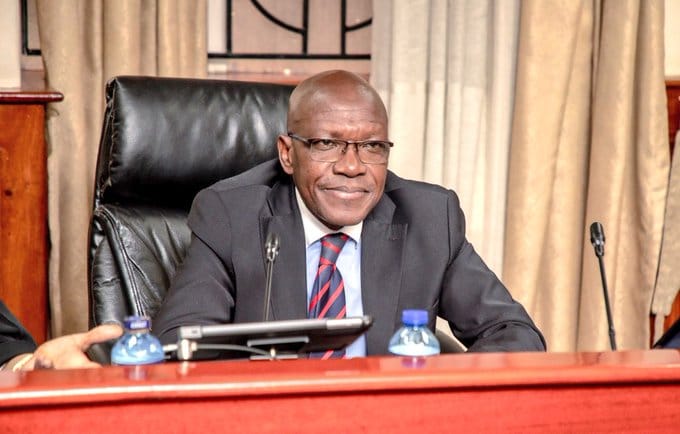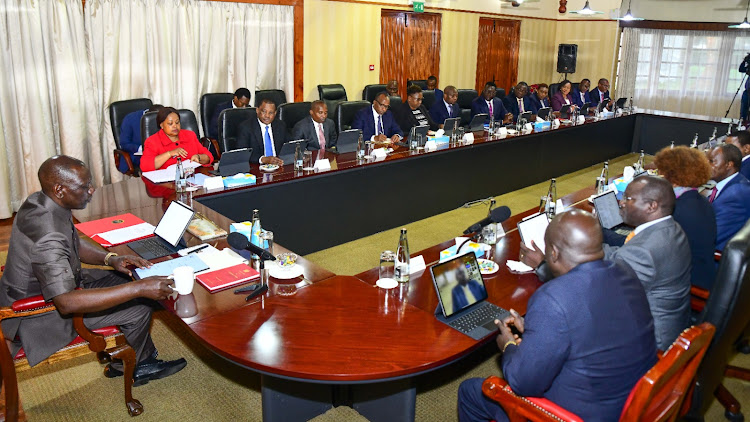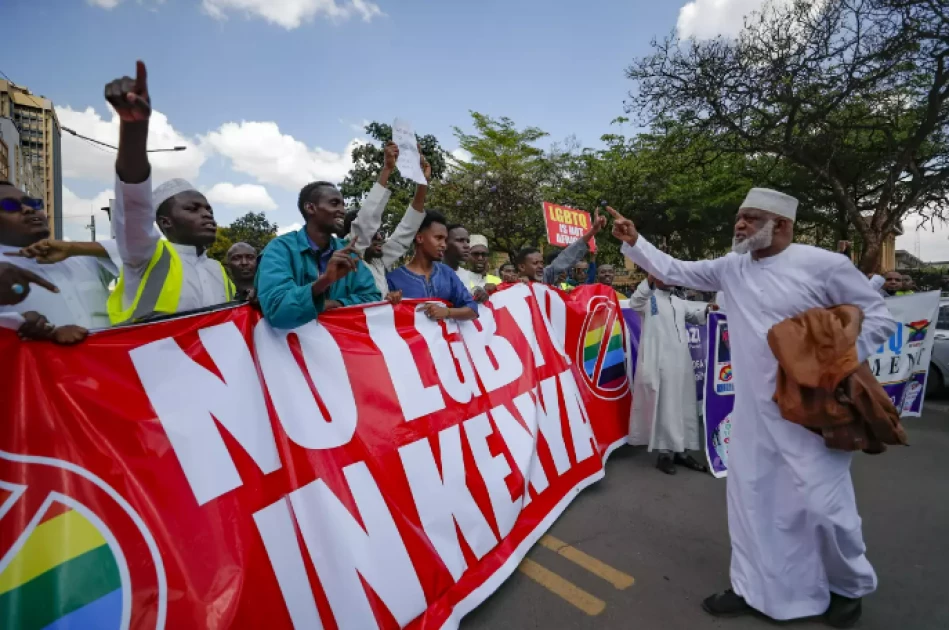SENATE REQUESTS PRESIDENT RUTO TO DISSOLVE CABINET


The political crisis in Kenya reached a boiling point in the Senate on Wednesday as senators intensified pressure on President Ruto. They demanded the dissolution of the Cabinet, the removal of corrupt officials, and an apology for the fatal shooting of 39 protestors by the police.
Senators aligned with the Kenya Kwanza faction led the charge against the government’s perceived indifference to civilian suffering. They called for the elimination of redundant positions such as the First Lady’s office, the Deputy President’s spouse, and the Chief Cabinet Secretary, which they deemed unconstitutional.
Senate Majority Leader Aaron Cheruiyot criticized Cabinet members for neglecting their duties and engaging in politics while crucial sectors like public education deteriorated. He lamented the blatant corruption among public servants and the ostentatious displays of wealth that exacerbated public anger.
Senate Majority Whip Boni Khalwale went further, declaring the Cabinet irredeemable and urging President Ruto to overhaul it completely. He condemned nepotism in government appointments and criticized MPs for misusing funds meant for development, citing examples of lavish spending by politicians.
Khalwale and other senators called for sweeping reforms, including the disbandment and reconstitution of the Cabinet, the abolition of unnecessary public offices, and the dismissal of incompetent officials like the Inspector General and presidential advisors.
Senate discussions also highlighted concerns over police brutality during protests and the need for judicial reforms to address grievances stemming from the Finance Bill and subsequent demonstrations.
Senate Minority Leader Stewart Madzayo expressed dismay over loss of life and property during the protests, urging swift action from elected leaders to restore order and address grievances. He emphasized the unity of protesters in demanding better governance and accountability.
Nairobi Senator Edwin Sifuna underscored the disproportionate impact of the protests on urban areas like Nairobi, urging leadership to empathize with citizens’ frustrations and facilitate peaceful expression of dissent.
In response, Senate leaders called for urgent legislative action on the Finance Bill to alleviate public discontent and promote economic stability. They urged government agencies to curb corruption and uphold justice, emphasizing the need for police restraint and the release of detained demonstrators. Overall, the Senate’s deliberations reflected widespread public anger over political mismanagement and socioeconomic inequalities. Leaders pledged to prioritize national healing, judicial transparency, and governmental accountability to steer Kenya back on course towards progress and
















